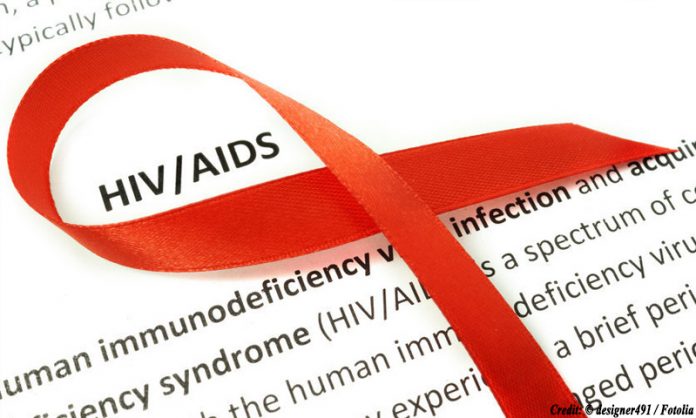Thirteen children were tested positive for HIV AIDS in Larkana’s Ratodero district, in-charge of the HIV Aids Control Programme said on Thursday.
According to the in-charge, the blood samples of 16 children have been sent to a laboratory for further tests.
“Sixteen of the thirteen children have tested positive for HIV AIDS. The children are between the ages of four months and eight years,” Dr Abdul Hafeez said.
He further said, “The parents will also be tested of those children who tested positive.”
Larkana continues to top the list of districts most affected by HIV in Sindh with the number of AIDS patients in Larkana rising to more than 2,400.
AIDS claimed a million lives in 2016, almost half the 2005 toll that marked the peak of the deadly epidemic, according to a UN report published on July 20, 2017.
Experts warned, however, that much of the progress can be undone by growing resistance to HIV drugs.
Unless something is done, drug-resistant virus strains may infect an extra 105,000 people and kill 135,000 over the next five years, and boost treatment costs by $650 million (560 million euros), said the World Health Organization (WHO).
The report said AIDS-related deaths have fallen from 1.9 million in 2005 to one million in 2016, adding that “for the first time the scales have tipped.”
The year 2016 saw 1.8 million new infections, almost half the record number of some 3.5 million in 1997, said UNAIDS.
In total, 76.1 million people have been infected with HIV, the virus that causes AIDS, since the epidemic started in the 1980s. Some 35 million have died.
As yet, there is no HIV vaccine or cure, and infected people rely on lifelong anti-retroviral therapy to stop the virus replicating.
Without treatment, HIV-infected people go on to develop AIDS, a syndrome that weakens the immune system and leaves the body exposed to opportunistic infections such as tuberculosis, and some types of cancer.
Treatment carries side effects and is costly, but allows infected people to be healthier for longer.





